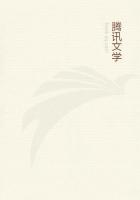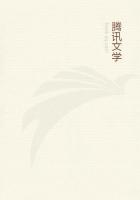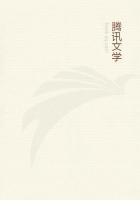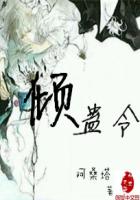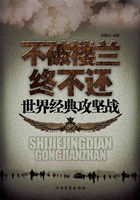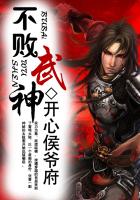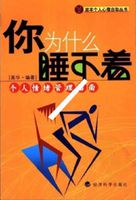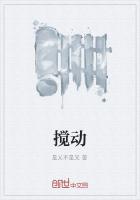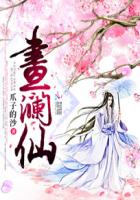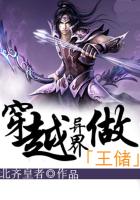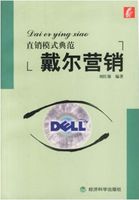THE CRIMEAN WAR AND ITS CONSEQUENCES
The Emperor Nicholas and his System--The Men with Aspirations and the Apathetically Contented--National Humiliation--Popular Discontent and the Manuscript Literature--Death of Nicholas--
Alexander II.--New Spirit--Reform Enthusiasm--Change in the Periodical Literature--The Kolokol--The Conservatives--The Tchinovniks--First Specific Proposals--Joint-Stock Companies--The Serf Question Comes to the Front.
The Russians frankly admit that they were beaten in the Crimean War, but they regard the heroic defence of Sebastopol as one of the most glorious events in the military annals of their country. Nor do they altogether regret the result of the struggle. Often in a half-jocular, half-serious tone they say that they had reason to be grateful to the Allies. And there is much truth in this paradoxical statement. The Crimean War inaugurated a new epoch in the national history. It gave the death-blow to the repressive system of the Emperor Nicholas, and produced an intellectual movement and a moral revival which led to gigantic results.
"The affair of December," 1825--I mean the abortive attempt at a military insurrection in St. Petersburg, to which I have alluded in the foregoing chapter--gave the key-note to Nicholas's reign. The armed attempt to overthrow the Imperial power, ending in the execution or exile of many young members of the first families, struck terror into the Noblesse, and prepared the way for a period of repressive police administration. Nicholas had none of the moral limpness and vacillating character of his predecessor. His was one of those simple, vigorous, tenacious, straightforward natures--more frequently to be met with among the Teutonic than among the Slav races--whose conceptions are all founded on a few deep-rooted, semi-instinctive convictions, and who are utterly incapable of accommodating themselves with histrionic cleverness to the changes of external circumstances. From his early youth he had shown a strong liking for military discipline and a decided repugnance to the humanitarianism and liberal principles then in fashion. With "the rights of man," "the spirit of the age," and similar philosophical abstractions his strong, domineering nature had no sympathy; and for the vague, loud-sounding phrases of philosophic liberalism he had a most profound contempt. "Attend to your military duties," he was wont to say to his officers before his accession; "don't trouble your heads with philosophy. I cannot bear philosophers!" The tragic event which formed the prelude to his reign naturally confirmed and fortified his previous convictions. The representatives of liberalism, who could talk so eloquently about duty in the abstract, had, whilst wearing the uniform of the Imperial Guard, openly disobeyed the repeated orders of their superior officers and attempted to shake the allegiance of the troops for the purpose of overthrowing the Imperial power! A
man who was at once soldier and autocrat, by nature as well as by position, could of course admit no extenuating circumstances. The incident stereotyped his character for life, and made him the sworn enemy of liberalism and the fanatical defender of autocracy, not only in his own country, but throughout Europe. In European politics he saw two forces struggling for mastery--monarchy and democracy, which were in his opinion identical with order and anarchy; and he was always ready to assist his brother sovereigns in putting down democratic movements. In his own Empire he endeavoured by every means in his power to prevent the introduction of the dangerous ideas. For this purpose a stringent intellectual quarantine was established on the western frontier. All foreign books and newspapers, except those of the most harmless kind, were rigorously excluded. Native writers were placed under strict supervision, and peremptorily silenced as soon as they departed from what was considered a "well-intentioned" tone. The number of university students was diminished, the chairs for political science were suppressed, and the military schools multiplied.
Russians were prevented from travelling abroad, and foreigners who visited the country were closely watched by the police. By these and similar measures it was hoped that Russia would be preserved from the dangers of revolutionary agitation.
Nicholas has been called the Don Quixote of Autocracy, and the comparison which the term implies is true in many points. By character and aims he belonged to a time that had passed away; but failure and mishap could not shake his faith in his ideal, and made no change in his honest, stubborn nature, which was as loyal and chivalresque as that of the ill-fated Knight of La Mancha. In spite of all evidence to the contrary, he believed in the practical omnipotence of autocracy. He imagined that as his authority was theoretically unlimited, so his power could work miracles. By nature and training a soldier, he considered government a slightly modified form of military discipline, and looked on the nation as an army which might be made to perform any intellectual or economic evolutions that he might see fit to command. All social ills seemed to him the consequence of disobedience to his orders, and he knew only one remedy--more discipline. Any expression of doubt as to the wisdom of his policy, or any criticism of existing regulations, he treated as an act of insubordination which a wise sovereign ought not to tolerate. If he never said, "L'Etat--c'est moi!" it was because he considered the fact so self-evident that it did not need to be stated. Hence any attack on the administration, even in the person of the most insignificant official, was an attack on himself and on the monarchical principle which he represented. The people must believe--and faith, as we know, comes not by sight--that they lived under the best possible government.

